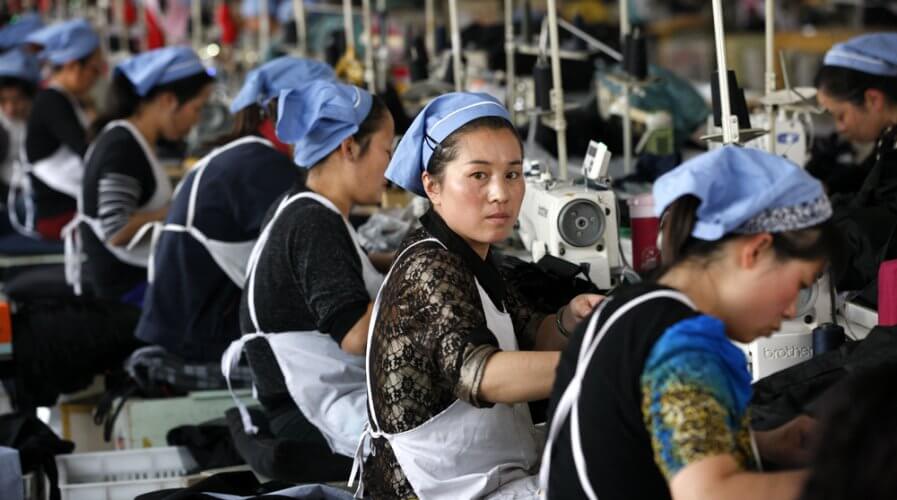
The impact zone for the elimination is where routine jobs that can be automated. Source: Shutterstock
Why MIT feels Asia should do more for its talent in the age of AI
According to a report by MIT Technology Review, Asian governments will be experiencing the most economic and social shocks due to the rapid growth of artificial intelligence (AI).
The demand for AI is widening the talent gap in the region which is worrying employers in Asia. Although having the right skills may seem like a timeless human capital concern, AI is raising the stakes.
Business technology relies heavily on AI nowadays and its abilities are enabling businesses to truly move fast and break things.
So, there is now a place in every part of a workplace for all kinds of AI applications, and businesses are counting on it. In fact, AI-enabled tools are yielding more effective results for businesses, which is reshuffling budget allocations.
Despite heavy investments in AI technology across markets in Asia, AI skills do not receive the same emphasis.
Businesses and investors will see that the lack of AI skills can result in an increasingly polarized workforce.
Asia needs to invest in skills
A World Economic Forum report stated that AI will destroy 75 million jobs globally. AI will also create 133 million new jobs on the other end.
The jobs that will be eliminated are those that can be automated.
This means to say that lesser developed Asian countries will experience the highest risks of imbalance when it comes to a human-machine workforce. Further, it means that workers will need to be repurposed to keep their relevance.
On the other hand, developed Asian countries with more knowledge workers will see an augmentation of skills as a result of AI. It implies that businesses in these countries will have an opportunity to reskill and upskill their employees.
While the MIT Technology Report report doesn’t have a definitive answer about the social impact that AI will create in the near future, it does expect that more than 90 percent of Asian businesses will be using AI next year.
Asian regulators and commercial entities, therefore, must make it a priority to invest in talent and technology simultaneously — in order to be prepared for what’s coming next in the world of AI.
READ MORE
- The criticality of endpoint management in cybersecurity and operations
- Ethical AI: The renewed importance of safeguarding data and customer privacy in Generative AI applications
- How Japan balances AI-driven opportunities with cybersecurity needs
- Deploying SASE: Benchmarking your approach
- Insurance everywhere all at once: the digital transformation of the APAC insurance industry


